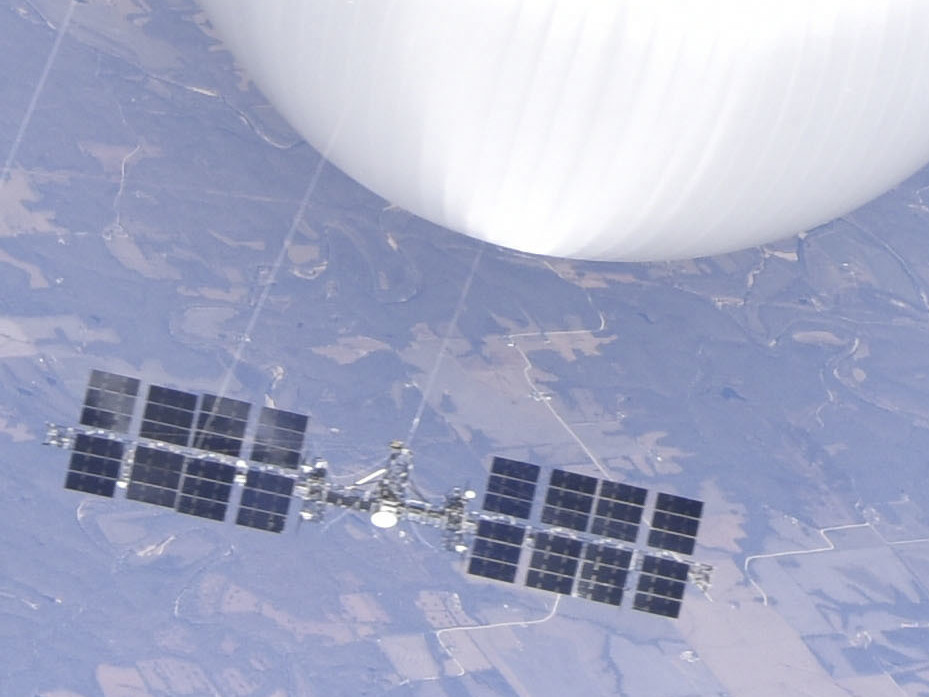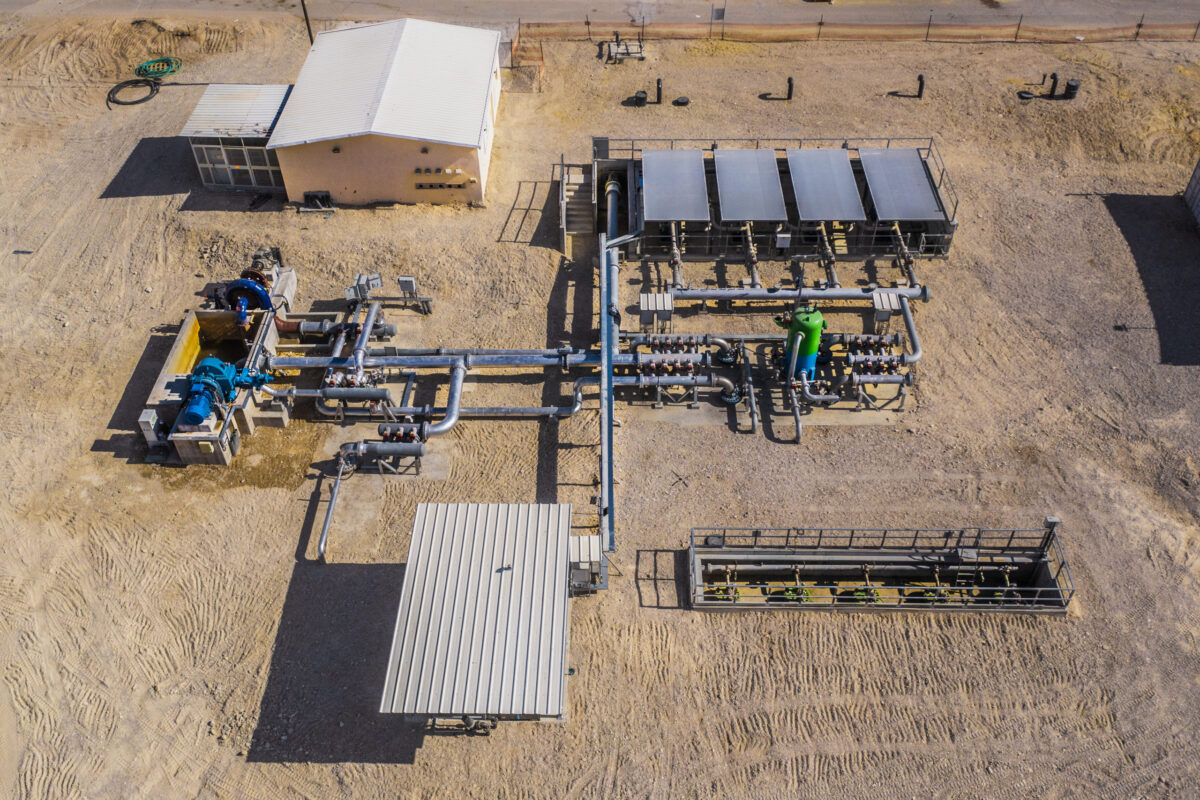From pv magazine USA
In February, a balloon from China was shot down off the coast of Myrtle Beach, South Carolina. The balloon’s surveillance capabilities, outlined in a US National Geospatial-Intelligence Agency (NGA) document, were recently leaked on the Discord chat site by Jack Teixeira, a member of the Massachusetts Air National Guard. Teixeira was charged on April 14 for unlawfully copying and transmitting classified materials.
The Washington Post reports that the leaked document confirmed that the balloon contained enough solar panels to power an advanced form of radar that can generate imagery at night. The surveillance system, known as synthetic aperture radar, can also pierce clouds and thin coverings such as tarps.
According to the NGA document, the vessel contained 10 kW of solar capacity. This is a similar to the amount of solar capacity one would find on a US residential rooftop array. The balloon also contained a parabolic dish measuring 1.2 meters in diameter, several unidentified sensors, and a possible mast antenna, said the newspaper.
The balloon was downed by a missile fired from a US Air Force jet on Feb. 4. China criticized the United States for its response to the balloon, saying that it is “irresponsible” and a demonstration of “information warfare” against Beijing.

This content is protected by copyright and may not be reused. If you want to cooperate with us and would like to reuse some of our content, please contact: editors@pv-magazine.com.




2 comments
By submitting this form you agree to pv magazine using your data for the purposes of publishing your comment.
Your personal data will only be disclosed or otherwise transmitted to third parties for the purposes of spam filtering or if this is necessary for technical maintenance of the website. Any other transfer to third parties will not take place unless this is justified on the basis of applicable data protection regulations or if pv magazine is legally obliged to do so.
You may revoke this consent at any time with effect for the future, in which case your personal data will be deleted immediately. Otherwise, your data will be deleted if pv magazine has processed your request or the purpose of data storage is fulfilled.
Further information on data privacy can be found in our Data Protection Policy.